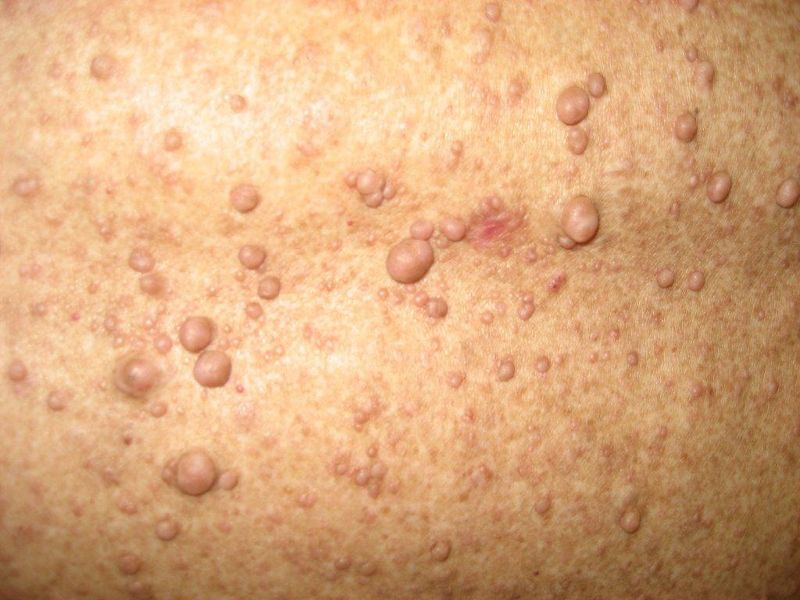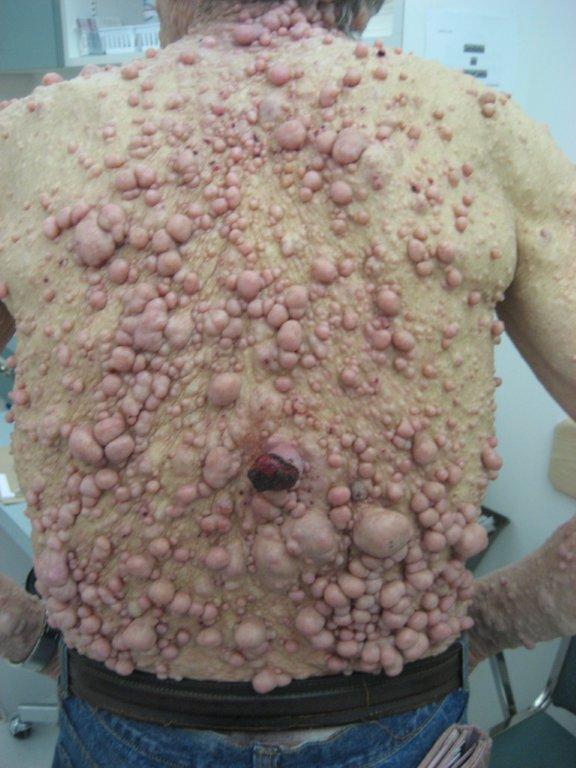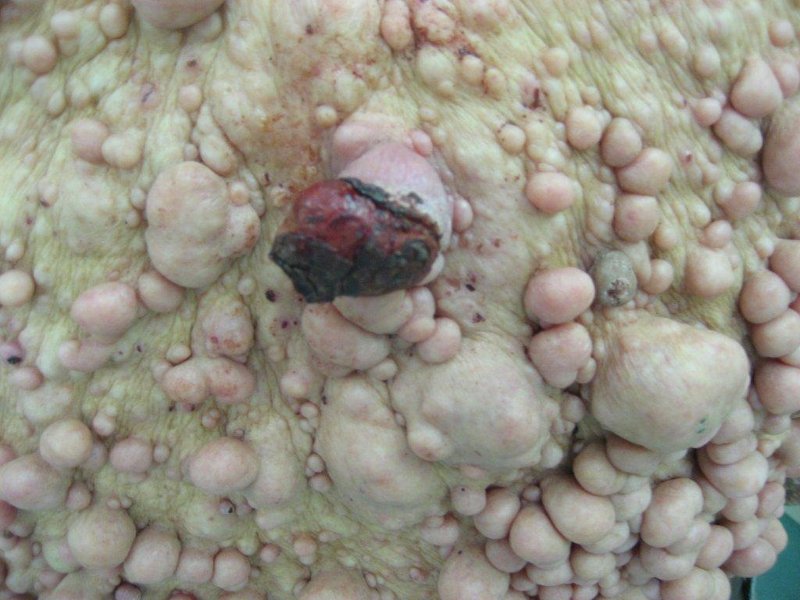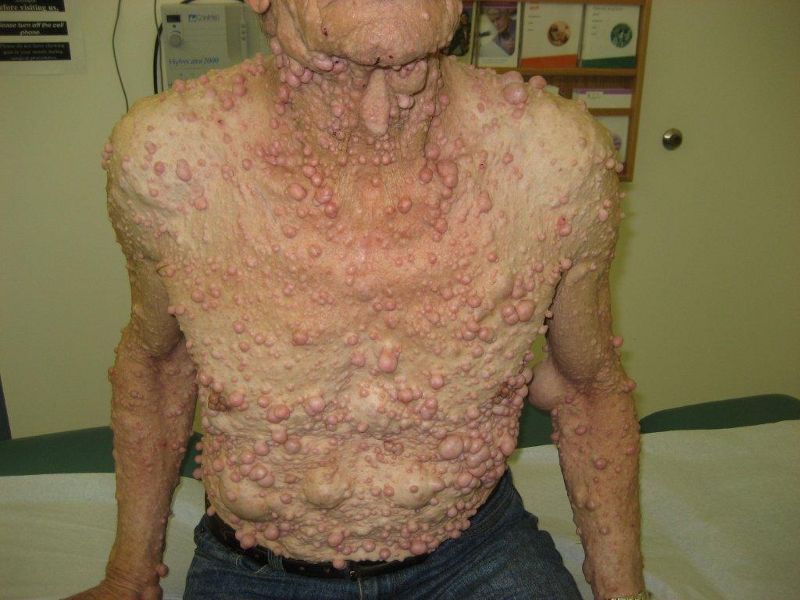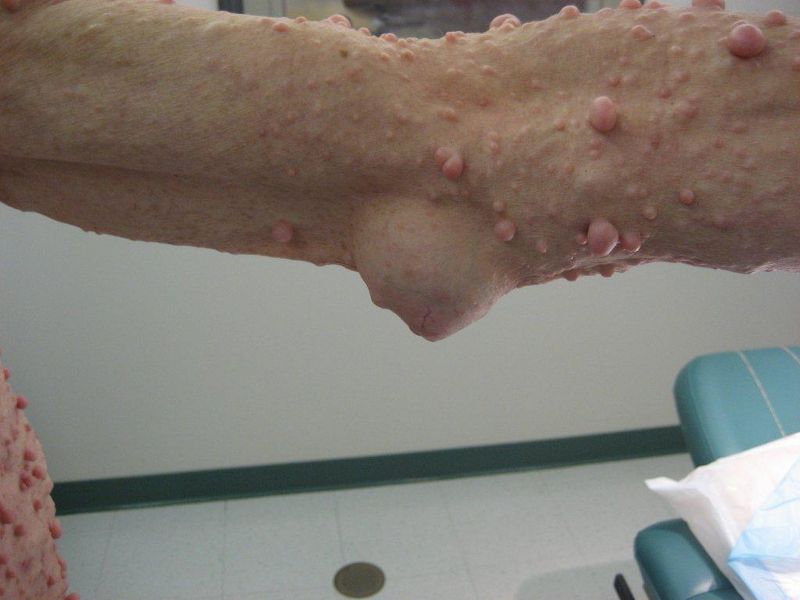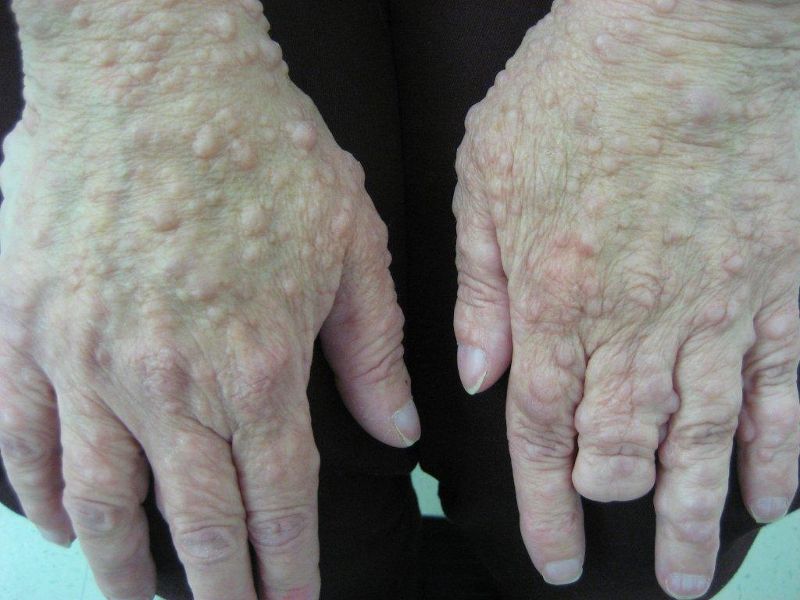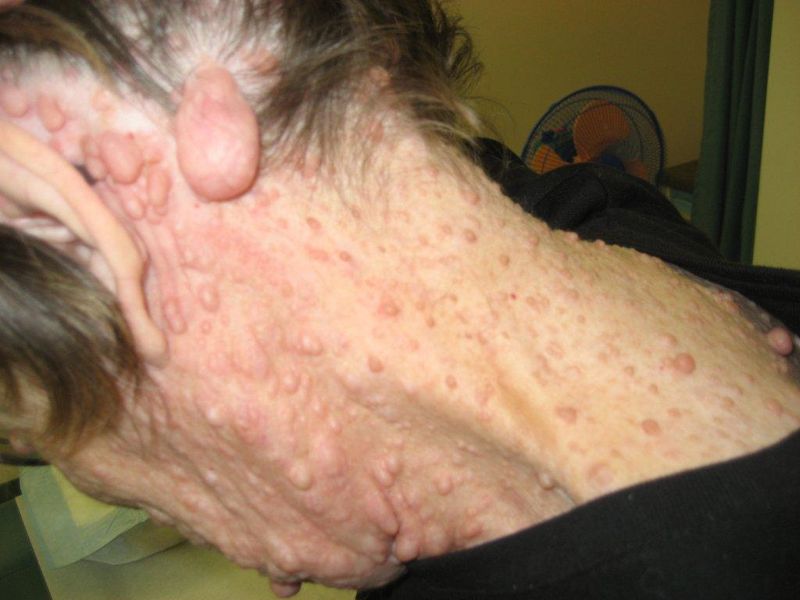Dear Dr. B: Anal itch is driving me crazy. I have used all kinds of stuff bought over the counter but nothing seems to help. What should I do?
Answer: I have covered this subject before but it is worth going through this again. The number of people who have this problem is amazing. It all boils down to spending little extra time and taking care of that area. Most of us take care of our mouth by regularly flossing and brushing, getting a dental check and seeing a dental hygienist on a regular basis. But we do not do all that for our rear end. Why? A finger is scarier than a dentist’s drill?
Anal itch or some people may call it rectal itch is also known as pruritus ani (proo-rí-tus a-ní). It is a fairly common condition. Most people think that the reason they cannot stop scratching their butt is because of hemorrhoids. But there is more to itchy butt than you think.
There are several benign conditions which can cause anal itch. Conditions to keep in mind are hemorrhoids, fecal incontinence of varying magnitude and severity, anal fistulae (leaking pus and stool) and condylomata (anal warts). Anal fissures are very painful but may be a cause of anal itch in chronic cases.
Other benign conditions which can cause anal itch are contact dermatitis, fungal infections, diabetes, pinworm infections, psoriasis and seborrhea (dermatitis of the oil glands).
A common cause of anal itch is excessive moisture in the area. Moisture may be due to perspiration or a small amount of residual stool around the anus. Itching can be made worse by scratching, vigorous cleansing of the area or overuse of topical treatments. Use of dry rough toilet paper can be another source of itch. You might as well use sand paper (just kidding!).
In some individuals, itching can be caused by eating certain foods, smoking and drinking alcoholic beverages, especially beer and wine. Examples of food items associated with anal itch are coffee, tea, carbonated beverages, milk products, tomatoes and tomato products such as Ketchup, cheese, chocolate and nuts. That is hell of a list. If you are over indulging in any of these items then you may know where the problem lies.
Cleanliness is next to godliness, so once a person develops the itch there is a tendency to wash the area vigorously and frequently with soap and a washcloth. This almost always makes the problem worse by damaging the skin and washing away protective natural oils. God will not be happy with that.
What about cancer? Yes, we have to keep that condition in mind. You may recall, Farrah Fawcett, one of the Charlie’s Angels, was diagnosed with anal cancer in 2006. Subsequently she died from that condition.
If you have anal itch, then talk to your doctor and get the area thoroughly checked.
Treatment depends on the cause of the problem. Besides that there are things you can do. Try dietary modifications. Avoid moisture in the anal area by using cotton balls, gauze or corn starch powder. Avoid further injury to the area by avoiding soap of any kind and do not scrub the area. For hygiene, it is best to rinse with warm water and pat the area dry. Use wet toilet paper, baby wipes or a wet washcloth to blot the area clean. Never rub.
Start reading the preview of my book A Doctor's Journey for free on Amazon. Available on Kindle for $2.99!
